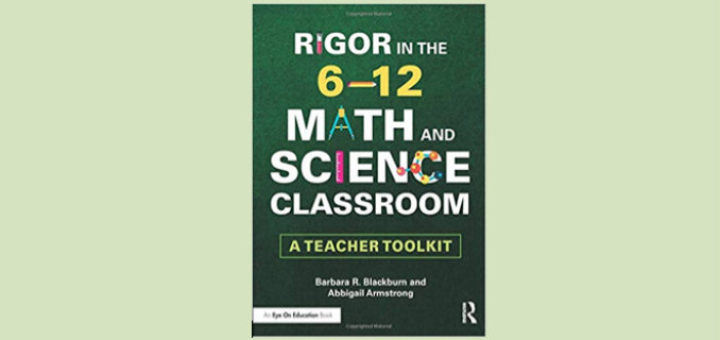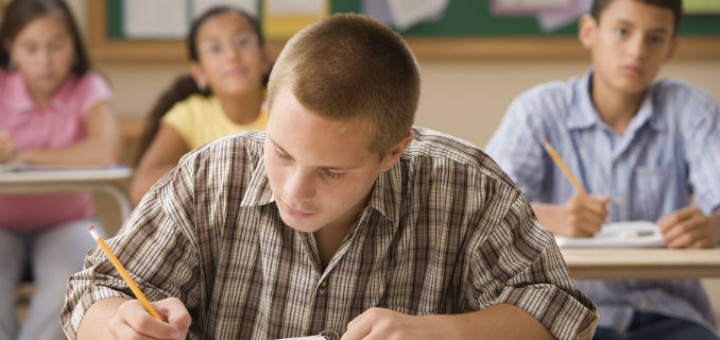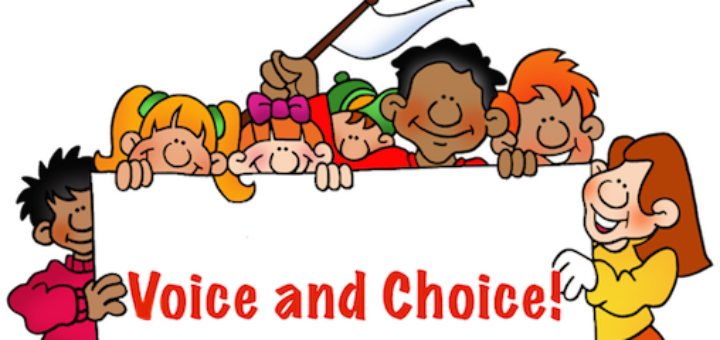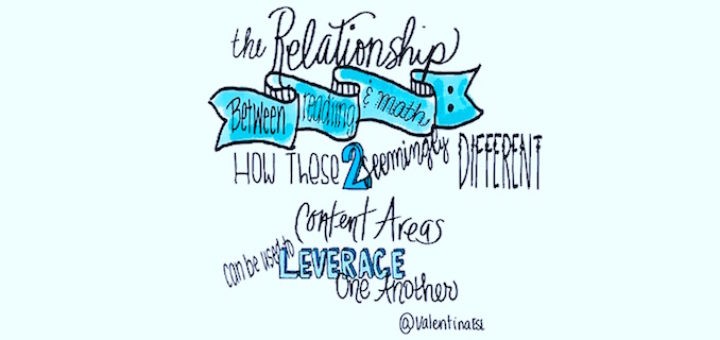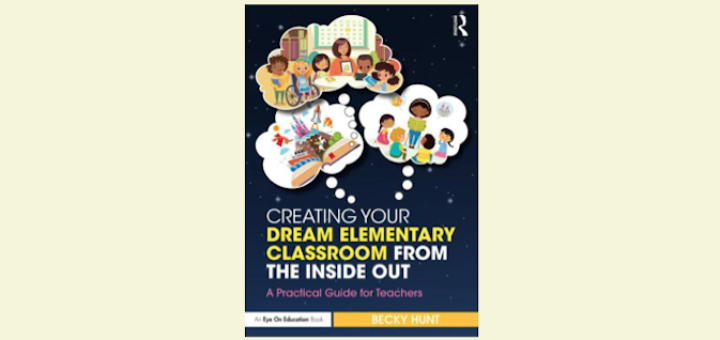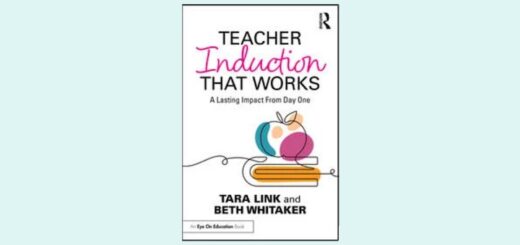Teaching and learning in grades 4-8
The effort it takes to make yourself an appealing candidate for a teaching job overseas also makes you a better educator wherever you teach, says veteran international teacher Megan Kelly. Ready to pursue the dream? Follow Megan’s insider tips to maximize your chances.
Authors Barbara Blackburn and Abbigail Armstrong give teachers a practical yet powerful classroom instructional tool for bringing rigor to Grades 6-12 math and science classrooms. Science educator Jennifer Sexton shares favorite strategies that will improve her practice.
Remember Ralphie’s theme in A Christmas Story? Today’s ELA educators would love to see that kind of writing commitment, says Jeremy Hyler. Instead he’s seeing a lack of writing endurance in his 6th and 7th graders. Here’s some of what Hyler does to improve their stamina.
When Brent Gilson began teacher training he vowed to one day give his students more choice and voice than he ever had in school. Follow his journey from early experiments to his growing success, thanks to insights gained from mentors like Kylene Beers, Kelly Gallagher and Marisa Thompson.
In her collaborations with teachers over the past few weeks, teaching coach and NBCT Elizabeth Stein has heard this a lot: “How can we motivate our students when they’ve checked out of learning?” First we have to motivate ourselves, she says. Think about these 3 keys.
It’s important to recognize how the skills we use to learn different subjects are related, says Valentina Gonzalez. Show your students who are good in math how to leverage their success and apply it to reading. And vice versa. It’s all about carrying over our strengths!
Wondering how to set up your new classroom? Or just ready to make some changes in your familiar space? Creating Your Dream Elementary Classroom is the book for you, writes teacher educator Linda Biondi. It’s filled with ideas from pros to benefit newbies and vets in grades K-6.
It’s not a simple matter to separate photojournalism from visual propaganda intended to sway emotions and opinions. Drawing in part on iconic images from Dorothea Lange’s career, expert Frank Baker explores the question and shares SEL and media literacy lesson resources.
School in Spring. Freedom so close you can taste the poolside popsicles. Teachers open windows for a waft of fresh air. Sunny dispositions abound. Students squirm but they learn. Except, writes teacher Laurie Lichtenstein with weary humor, this is MIDDLE school. In Spring.
There’s lots to know about the art of assessment, writes master teacher Cheryl Mizerny, but the main goal is to provide opportunities for all kids to show their understanding to the best of their ability. Her before, during, and after assessment tips can make things fair.


